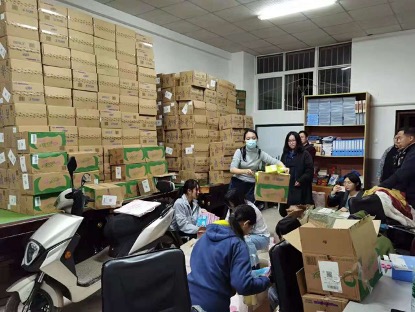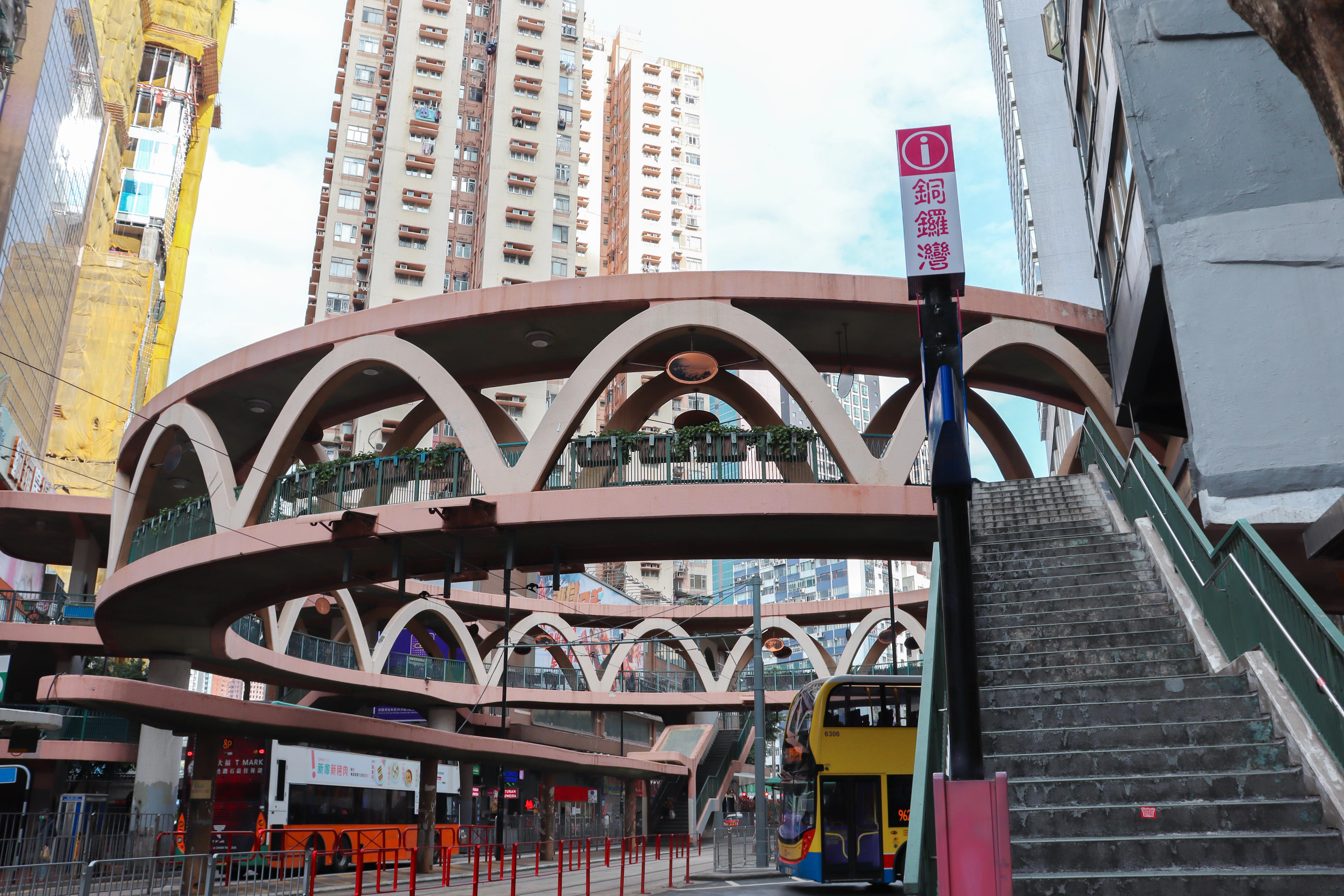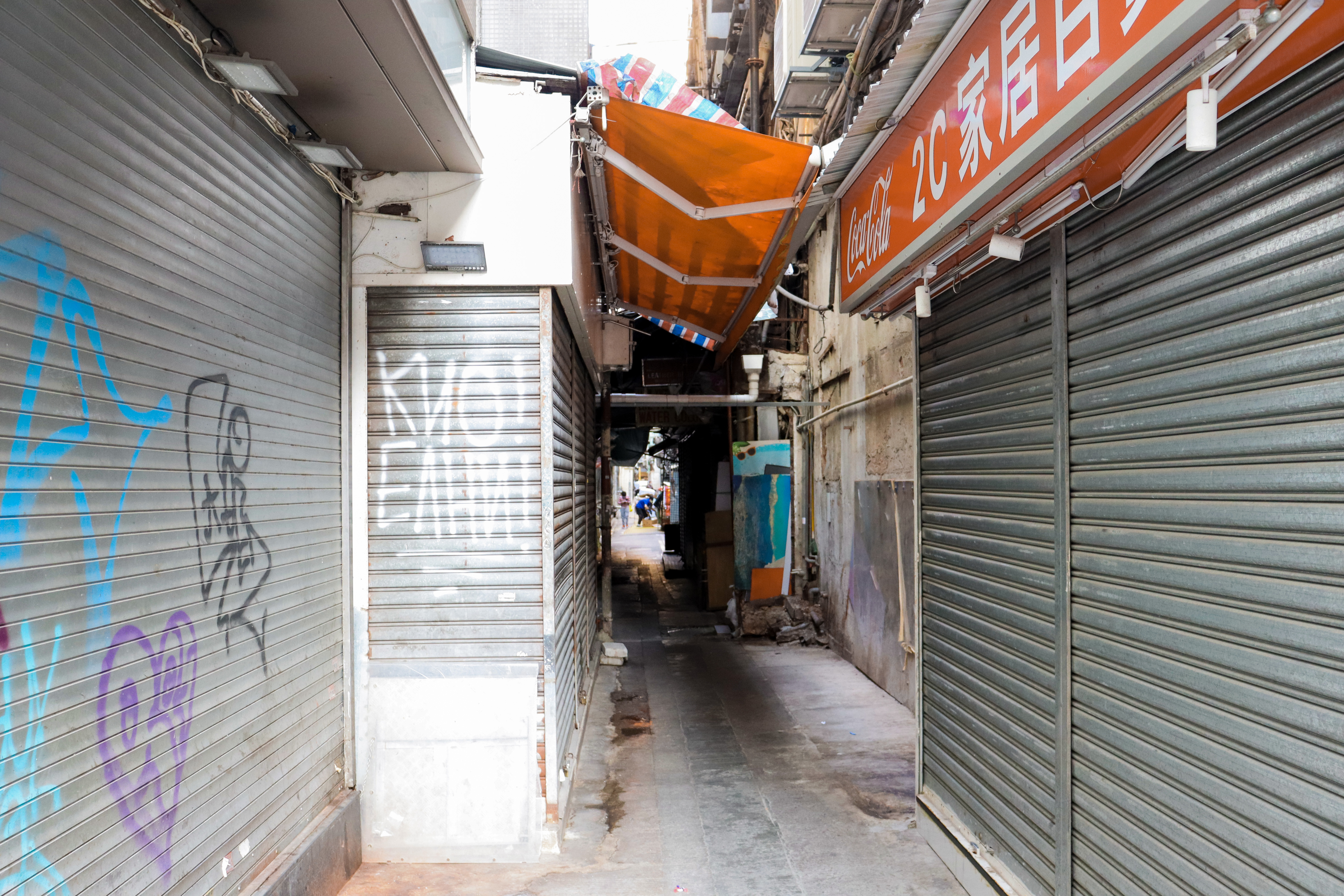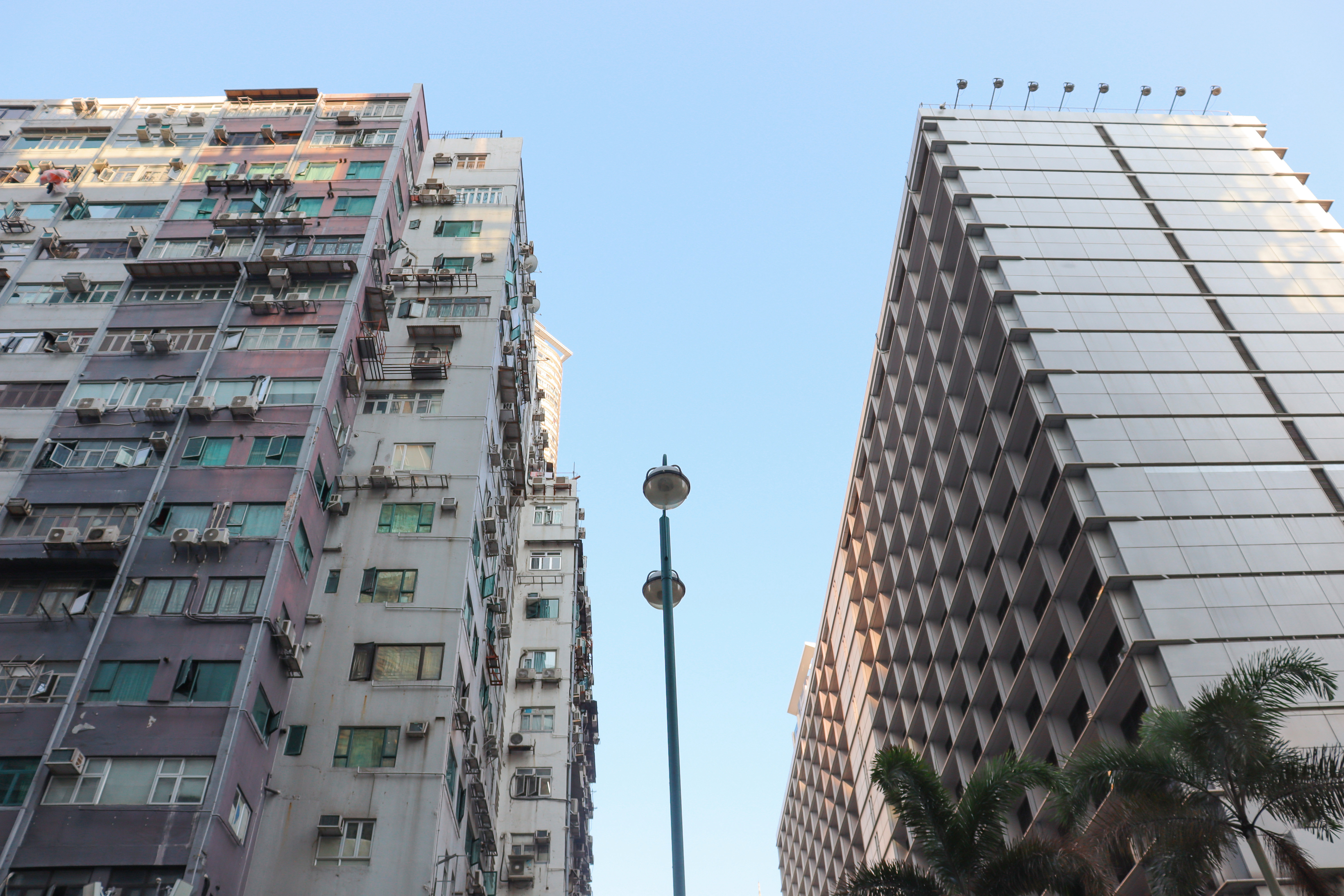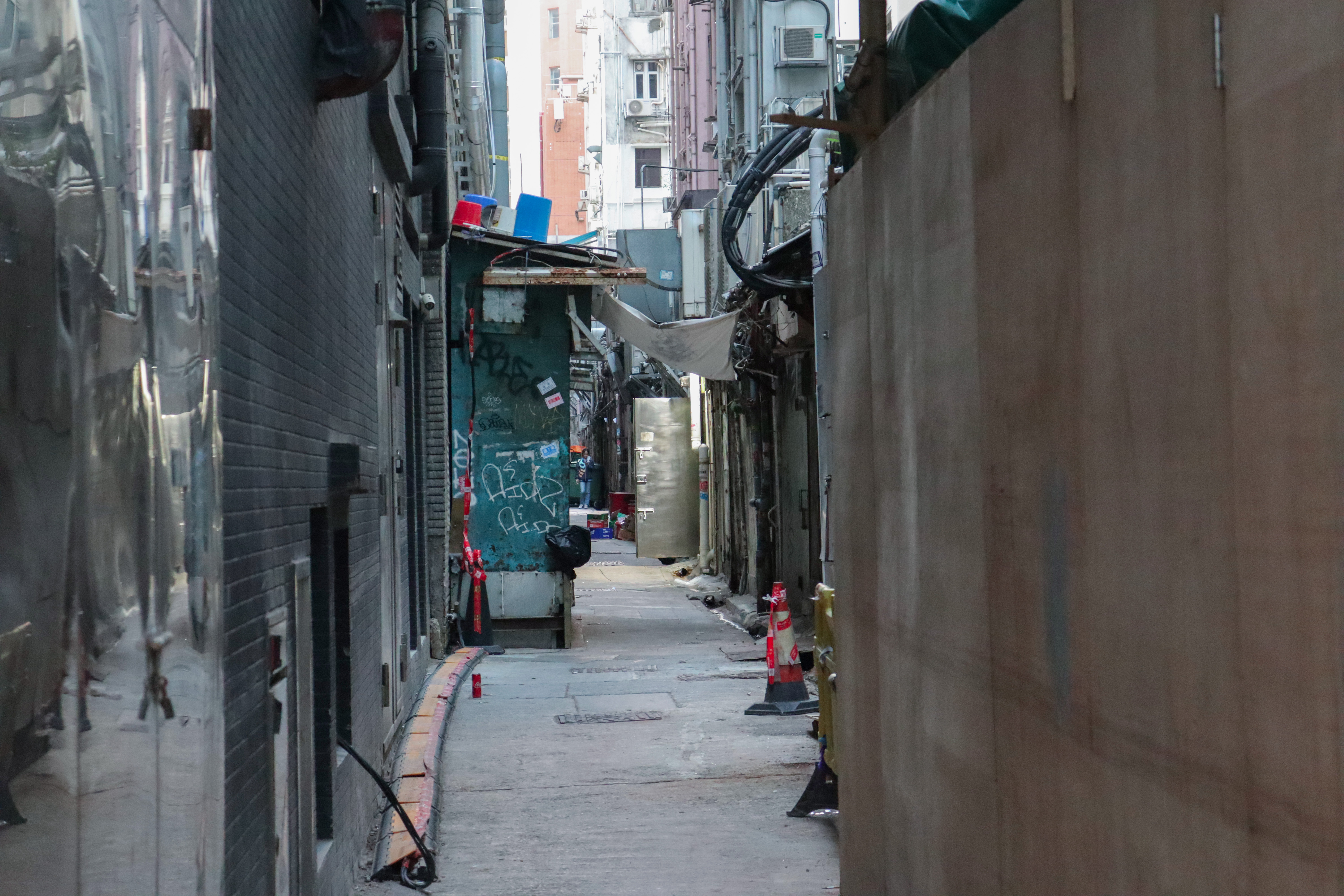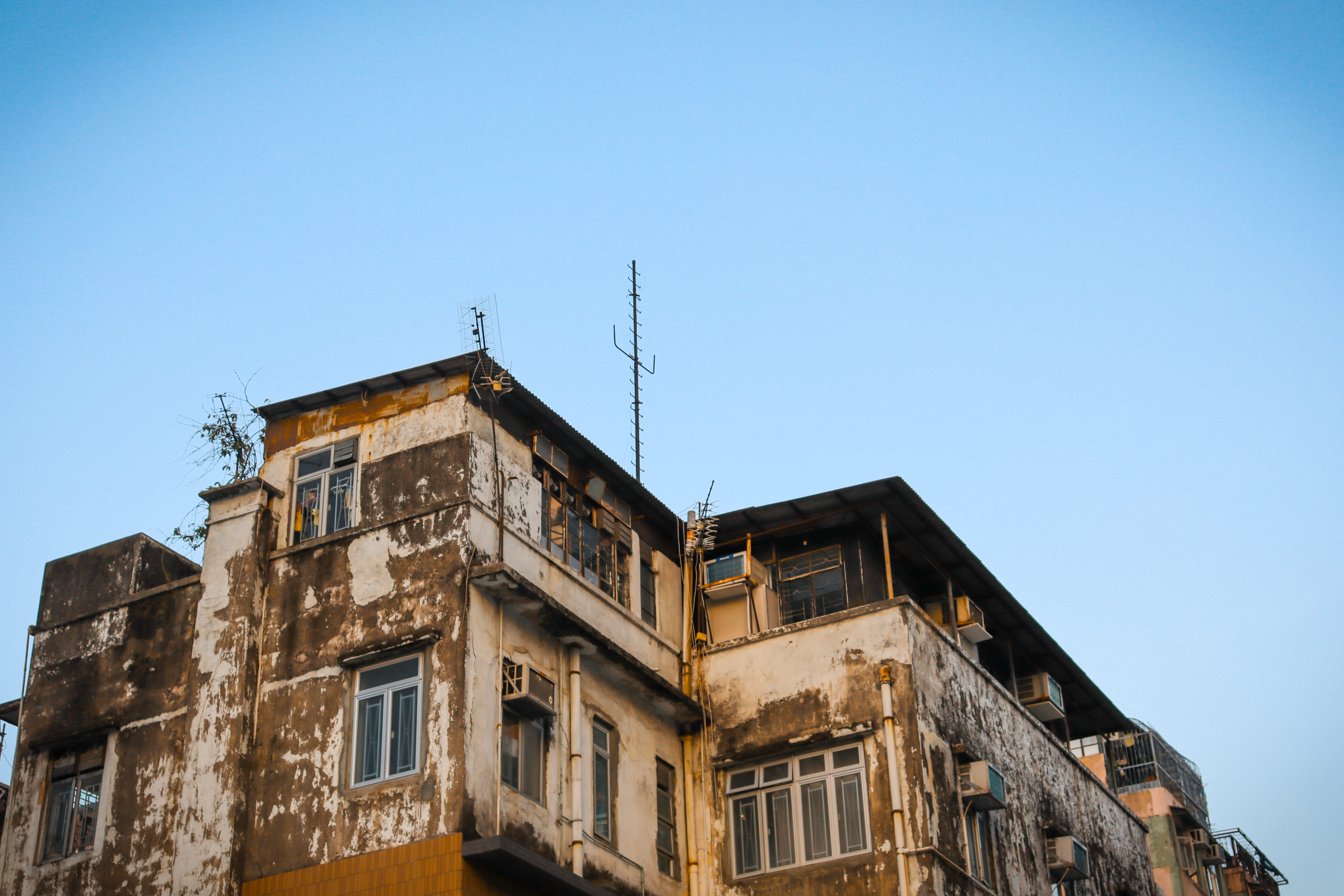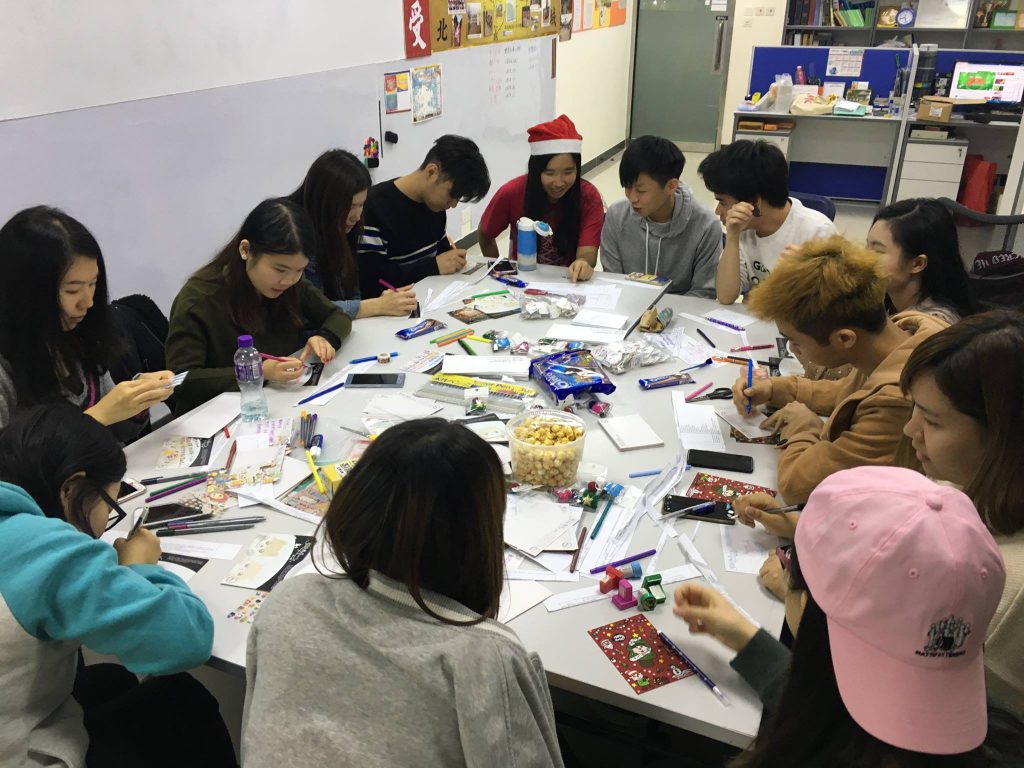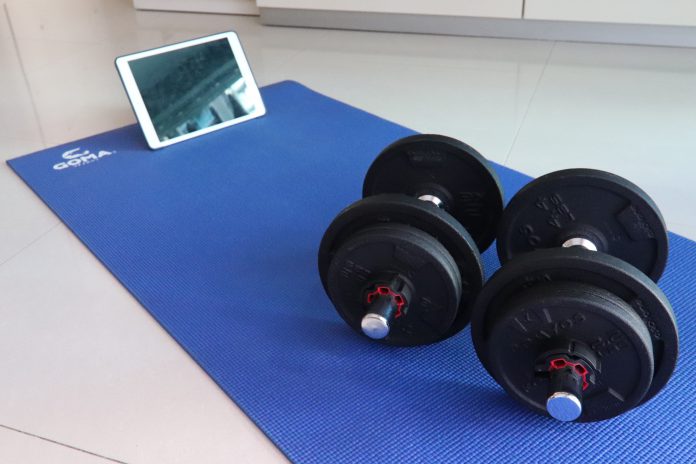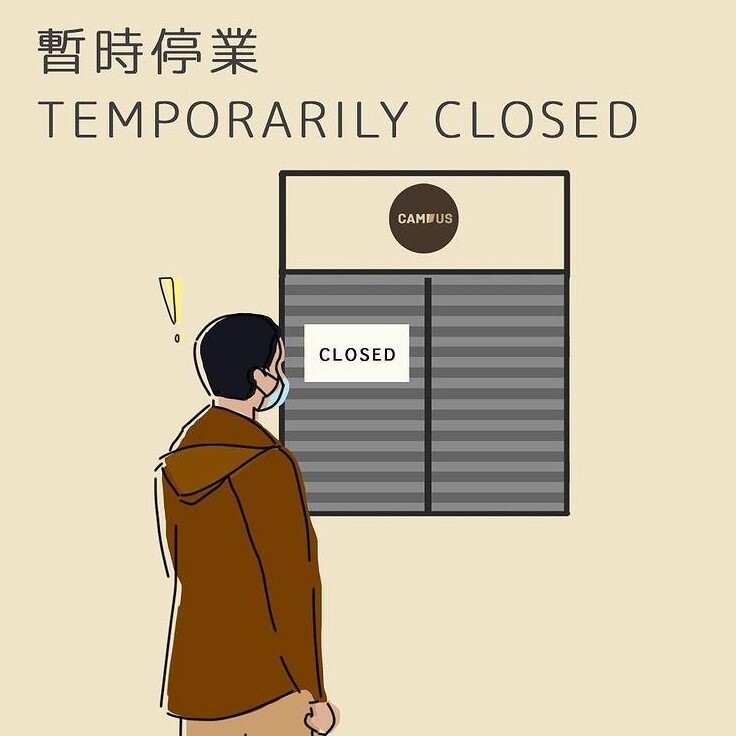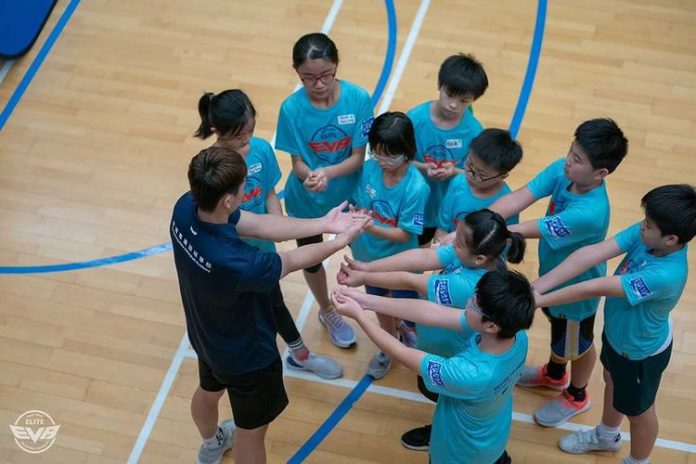Terenia Puspita shares her life as both a domestic helper and amateur photographer in Hong Kong.
By Bonnie Yam
Terenia Puspita was once a domestic worker who had no knowledge about Hong Kong politics. But after she witnessed the anti-Extradition Law Amendment Bill (anti-ELAB) movement in 2019, she felt the need to show her support for Hongkongers with her photos.
“I was shocked to see children attending the protests. I was touched by their parents, as they teach their children about the city’s current situation and future, which my parents never taught me,” Puspita says.
The domestic helper who has been working in Hong Kong for 10 years went to districts with violent clashes between protestors and police, such as Wan Chai, Admiralty and Shatin, to take pictures during the social movement in 2019.
Puspita did not tell her employer about taking photos at protest sites, as she does not want to mix up her work with her photography.
Puspita equipped herself with a helmet, gas mask and goggles when taking photos of the social movement. She was very cautious about her safety, especially after Veby Mega Indah, an Indonesian journalist, was shot in the eye during clashes on September 29, 2019.
“Veby is a journalist. She had the official approval to report at protest sites, but she was still vulnerable. I was very worried, because the police conducted indiscriminate arrests,” she says.
In a collection of photos shot in her daily life and the protests, Puspita draws parallels between Hong Kong protestors and migrant workers.

Puspita’s picture series, entitled We Connected, featured two photos taken in 2019. One shows a migrant worker who fights against patriarchy by wearing a traditional mask, which is usually worn by male performers at traditional festivals in Indonesia. Another is about Hong Kong protestors wearing Vendetta masks fighting for democracy in the 2019 social movement.
Her work was featured in We Making Home Kong, a month-long photo exhibition organised by Lensational in February, 2021. It is a non-governmental organisation that has provided photography training for more than 400 foreign domestic workers.
In her other photo series, Under the Same Umbrella, a scene of Indonesian domestic helpers discussing the 2019 Indonesian general election, and a scene from the anti-ELAB protests in 2019 were captured. Umbrellas were raised in both photos. “Indonesians believe that their country is democratic, but despotic power is still exercised by some high-ranking officials. And in Hong Kong, democracy and freedom are no longer respected. People in both places are still fighting,” Puspita says.
Standing Up
“Before learning photography, I only focused on my needs. But with photography, I have learnt to speak up for myself and others. It makes me feel like a human again,” she says.
Puspita first learned photography when she just arrived in Hong Kong in 2011, she then gradually became an amateur photographer.
“But with photography, I have learnt to speak up for myself and others. It makes me feel like a human again.”
Her photos were published in Via Community Zine, a local magazine published by Via North Point, in December, 2020, and Indonesian publications like Suara, where she worked as a voluntary author, in 2018.
Born to a Muslim family in a village of East Java, she has never dreamt of becoming an amateur photographer.
“Usually photographers in Indonesia are men, and I want to break this kind of tradition,” says Puspita. “I grew up with a mindset that women can only work in kitchens. Our purpose of life is to get married, have children, and take care of our family,” she adds.
Graduated from high school in 2011, Puspita was very curious about the outside world. So when her uncle offered her a chance to work in Hong Kong, she accepted it without much hesitation. But she surely did not foresee her first job turning into a nightmare.
“My employer doesn’t have a kind soul. I didn’t have a good place to rest. I had no privacy and holidays. I didn’t hold my passport, ID, and phone. And I was underpaid!” she recalls.
Puspita never complained because she thought it was common. But after seven months, she became mentally ill and finally asked for help from other migrant workers.
Fortunately, her agency took her case to the Labour Department, and they sued her employer on her behalf. She switched to another agency and participated in Lensational’s photography workshops, where she learned professional photography skills.
Puspita certainly stands out while walking through crowds of migrant workers. The 30-year-old wears a black cap instead of a Hijab and now carries her DSLR camera everywhere. She is also getting a tattoo that symbolises hope, which is forbidden in Islam, the largest religion in Indonesia.
Three years ago, Puspita stood up to her mother and refused to return home to get married. She has not returned to Indonesia for 10 years.
“Although I feel lonely at my workplace, I feel free,” she says.
Workers With Dreams
Puspita is not the only one with dreams. She believes other workers are unaware of their possibilities and rights, so they tend to give up easily.
“Migrant workers don’t have the courage to speak up. They just follow their employers’ orders. Can you really work 24 hours a day and six days a week in your workplace? ” she says.
Puspita hopes to hold a photo exhibition featuring photos of migrant workers showcasing their talents.
As her contract ended in last April, Puspita planned to find a job in Korea or Poland. But the pandemic made her think twice. At last, she decided to work another two years in Hong Kong.
“Hong Kong feels like home, but the freedom we enjoyed is gone,” she says.
“Hong Kong feels like home, but the freedom we enjoyed is gone.”
Edited by Kassandra Lai
Sub-edited by Charleen Chen






































